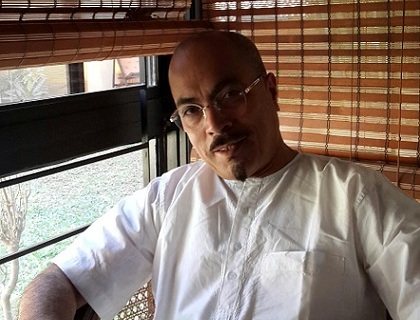
Shillong, January 21: As we celebrate the statehood day today, this website presents the readers a brief analysis by RG LYNGDOH on the factors that are responsible for the slow pace of development of the state. The website feels that nobody can give a better bird-eye view that this gentleman who has wore many hats. Following are his views:
The present slow pace of development in Meghalaya has been attributed to the volatile and ever fluid political situation that has afflicted the State soon after it was formed.Although it would be too simplistic to attribute all the ills of the State to instability, it is a fact that instability is one of the major reasons for the underdevelopment we see around us. Let me; therefore, begin by trying to determine the causes of this instability.
Perhaps the tendency of our people to look more at micro gains rather than what benefits the State as a whole is one major contributing factor. This tendency may be attributed to the ethno-centric mentality of us tribals – which has led to many inter-tribe conflicts in the region.We tend to look for micro gains rather than macro benefits, and it is this tendency that has made the electoral system more personality based rather than party based.
Voters are more inclined to elect a candidate who can benefit them more, rather than a candidate who would be able to contribute to stability during government formation. In fact, during the assembly elections, constituency based issues get precedence over state based issues in most manifestoes and appeals. As a result, when election results are declared, we find the assembly having representatives from a motley collection of political hues and affiliations. While this may be good in some ways, it however, does not bode well for political stability.
The second major factor contributing to political instability is our multi-party system. The number of political parties in the fray during every election tends to confuse the common voter. Every party will make almost similar promises in their manifesto. To get an edge, candidates then resort to creating and pandering to their vote bank. In the end, most winning candidates will not even get forty percent of the votes polled. Their commitment will then be to that vote bank rather than to any ideology, and they will do anything to get the power they require to further cater to the needs of that vote bank. That is why many elected representatives don’t hesitate to split or leave the party from which they had contested. This again contributes to political instability.
During the time when Assam was still undivided, it was emotions against the declaration of Assamese as the official language that acted as a catalyst leading to the formation of Meghalaya in 1970. Unfortunately, ever since, it has been emotions that have dominated the political scenario in the state of Meghalaya. Yes, in the first few years of statehood, these emotions were positive, enabling a single party, seen as the champion of our statehood, to get absolute majority and the mandate to rule the state.
Unfortunately, circumstances changed very quickly, and soon a plethora of candidates were making emotional appeals for votes. Many of these belonged to minor parties, capable of contesting only a few constituencies, or were independent candidates who proceeded to get elected. These representatives then became essential to get the magic numbers required to rule. They had no commitment towards stability and would shift allegiance according to rewards offered, leading to instability.
To my mind, the last major factor contributing towards instability, and there may be more, is the need of every elected representative to sit in the treasury benches. Those in the opposition were perceived to be out of power, or powerless to help. Perhaps the bureaucracy, and their single minded purpose to please their political bosses rather than the people, has caused this feeling. But, this has led to a constant attempt by those in the opposition benches to overthrow those sitting in the treasury benches, thereby contributing to political instability and its woes.
How then do we achieve political stability? Perhaps the first essential is for the voters to use their rationale, rather than their emotions, when electing their representatives. Secondly, while looking for micro gains when choosing their candidate, let the emphasis also be on macro benefits that will help the state as a whole. Third, is to not consider candidates who are independent, or who are affiliated to parties incapable of putting up candidates in most constituencies, when choosing their representatives.
Finally, also go to representatives sitting in the opposition benches and ask for help. After all, the government machinery is also required to listen to their requests, and they can question any specific refusal by government officials to heed their request on the floor of the Assembly.- By Robert Garnet Lyngdoh( The writer is a former Meghalaya home minister and now the Vice Chancellor of Martin Luther Christian University .)



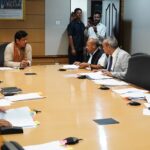





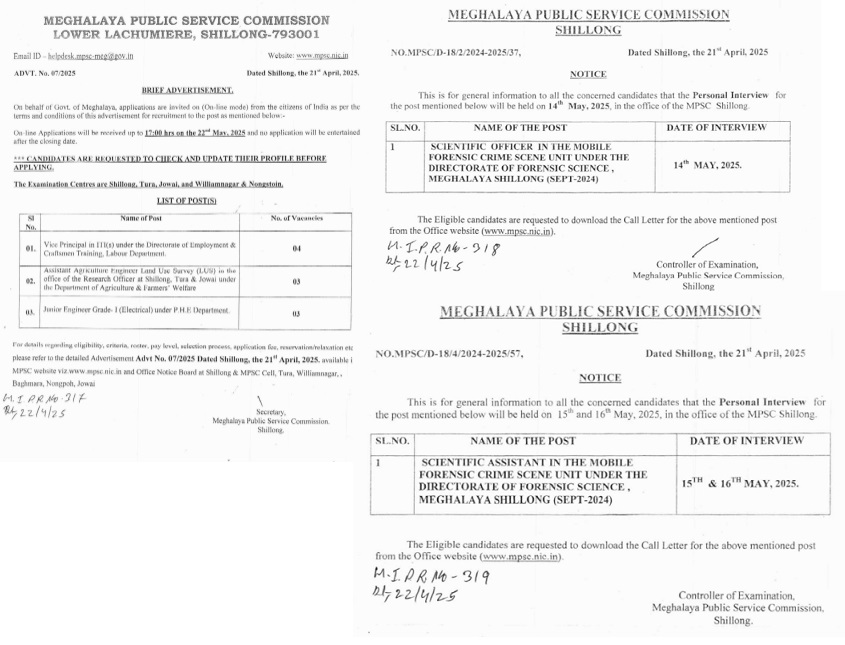

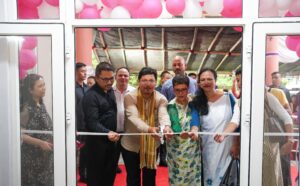
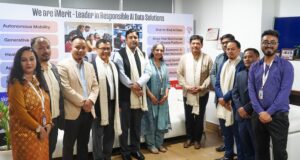
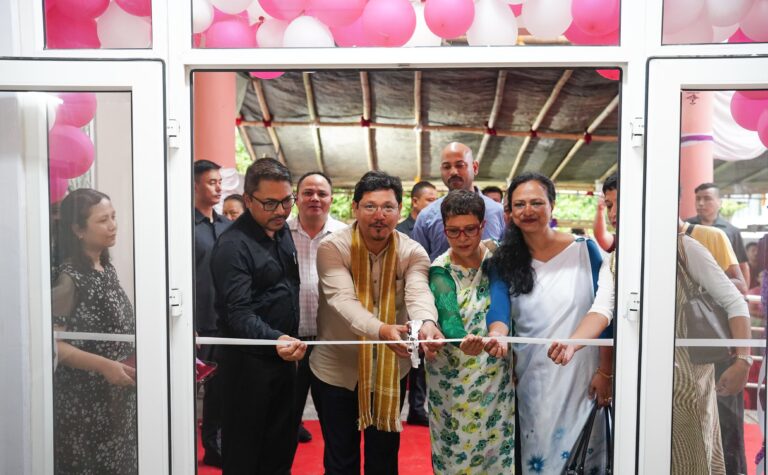
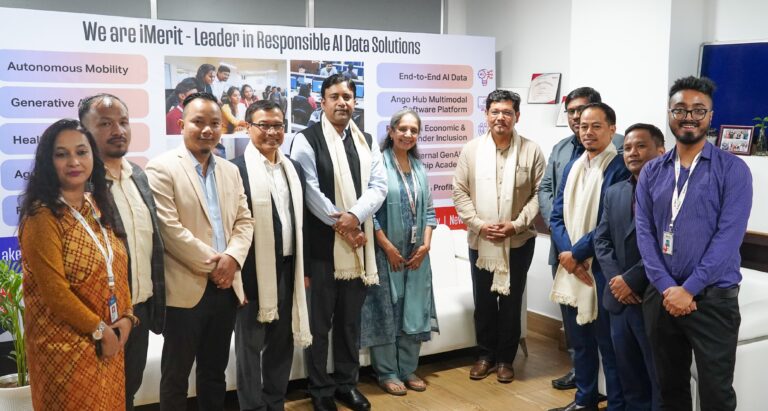
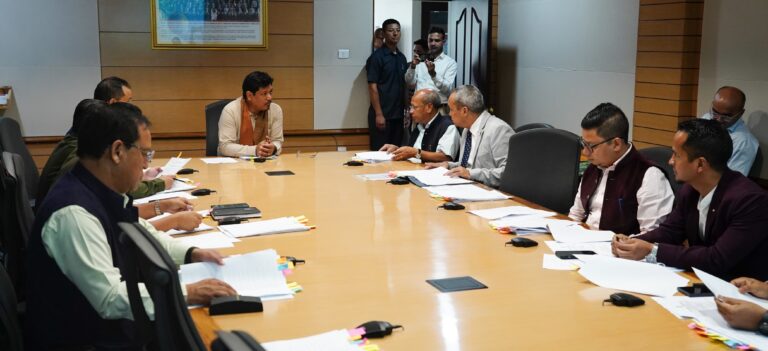

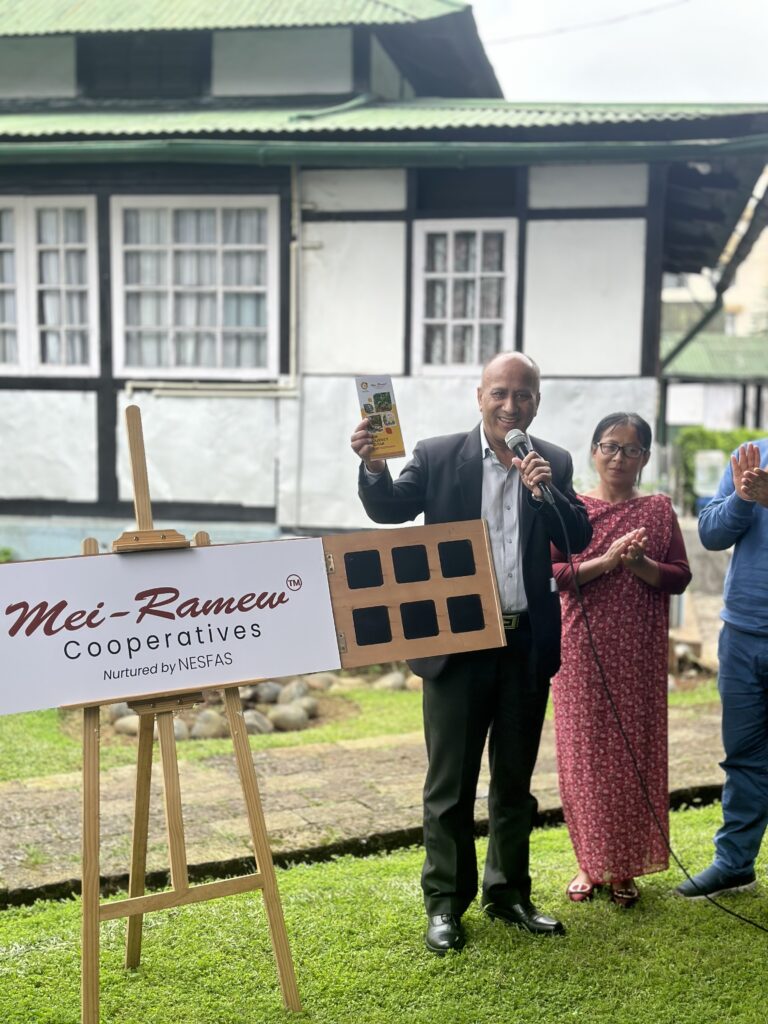
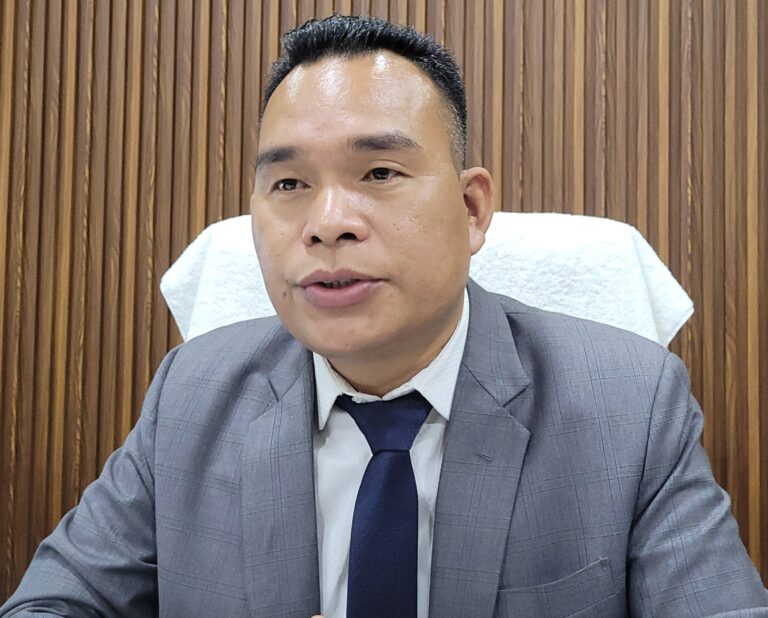
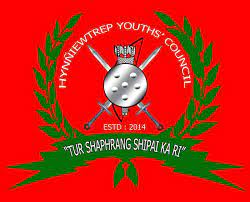


+ There are no comments
Add yours